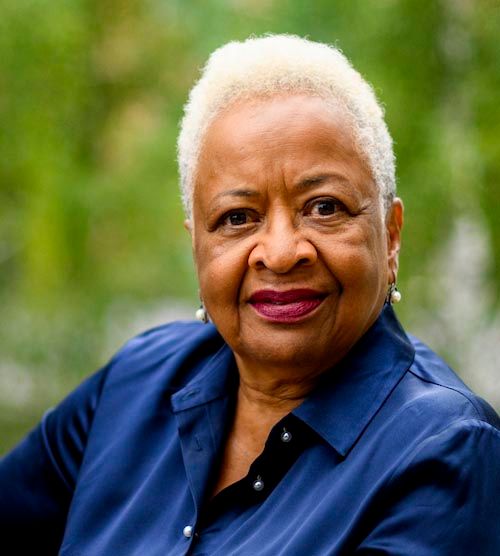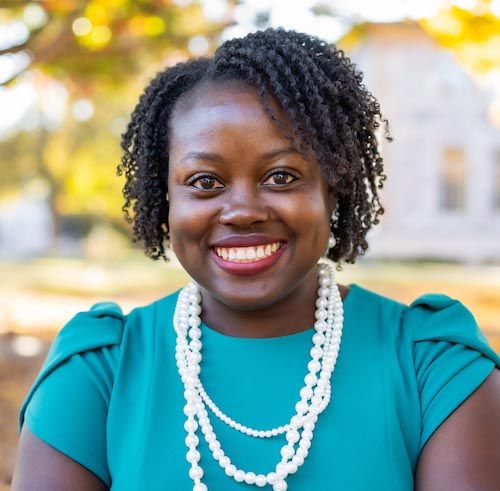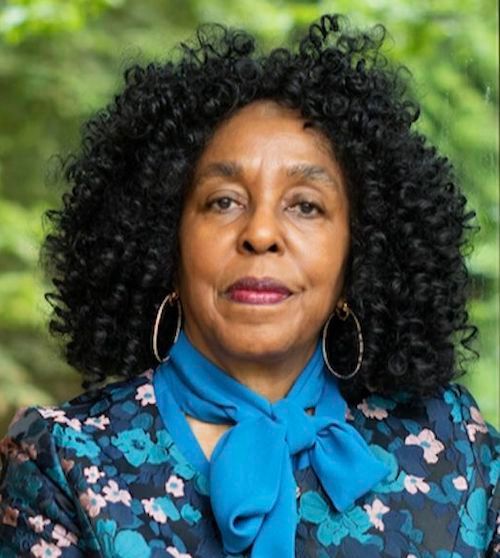About the Board
The Civil Rights Cold Case Records Review Board was established by the Civil Rights Cold Case Records Collection Act of 2018, which won bipartisan support in Congress. The Act was signed into law by President Donald Trump on January 8, 2019, and the Review Board’s members were nominated by President Joe Biden and confirmed by the U.S. Senate in 2022. The Review Board’s charge is to expedite the review and release of government-held records related to civil rights cold cases of incidents occurring between January 1, 1940 and December 31, 1979. The law establishes new standards for the public disclosure of these records. The Board and its staff work closely with federal agencies to accelerate the release of documents to make them more readily available to families of victims of civil rights crimes, legal organizations, journalists, scholars, and students of American history.
Meet the Board members
Margaret Burnham (co-chair)

Margaret Burnham is a University Distinguished Professor at Northeastern University, where she teaches, writes, and practices in the field of historical injustice. Burnham is the founder and director of Northeastern’s Civil Rights & Restorative Justice Project (CRRJ), a teaching, research, and legal services program. CRRJ publishes the nation’s most comprehensive online archive of anti-Black killings in the South during the Jim Crow era. She is also co-director of the Center for Law, Equity and Race at Northeastern and director of Restorative Justice and Reparations Initiatives at the law school. Burnham’s book, “By Hands Now Known: Jim Crow’s Legal Executioners,” has won wide acclaim and been called “an essential reckoning with America’s history of racial violence.”
Burnham began her career in civil rights law at the NAACP Legal Defense Fund. She was appointed to the bench in Massachusetts by Governor Michael Dukakis, becoming the first African American woman to serve in the state’s judiciary. In 1993, South African President Nelson Mandela appointed her to investigate alleged human rights violations within the African National Congress. The commission was a precursor to the Truth and Reconciliation Commission. She joined Northeastern University School of Law in 2002. She earned a bachelor’s degree in history at Tougaloo College and her law degree at University of Pennsylvania.
Gabrielle M. Dudley

Gabrielle M. Dudley is Interim Co-Director at the Stuart A. Rose Manuscript, Archives, and Rare Book Library at Emory University. She also leads the Rose Library’s Public Services team that is responsible for promoting access, awareness, and use of library holdings by the Emory community, as well as the broader public. Dudley has taught courses on archives reference, access, and outreach at Clayton State University, as well as courses on Black print culture for the California Rare Book School. She has authored several professional articles on the intersection of pedagogy and archives, including the book chapter “For When They Arrive: Using Black Women Writers Collections to Advance Engagement in Special Collections Libraries” for Critical Ethnic Studies in Academic and Research Libraries.
Dudley is a founding member of the Atlanta Black Archives Alliance and has held leadership positions in the Society of American Archivists, Society of Georgia Archivists, and the Rare Book and Manuscript Section of the Association of College and Research Libraries. Dudley earned her M.A. in Public History and MLIS with a concentration in Archival Studies and Preservation Management from the University of South Carolina. She also holds a B.A. in history from the University of Montevallo.
Hank Klibanoff (co-chair)

Hank Klibanoff is a professor at Emory University, where he teaches nonfiction writing. Klibanoff is also the creator and host of “Buried Truths,” a narrative history podcast produced by WABE (NPR) in Atlanta. The podcast is drawn from the Georgia Civil Rights Cold Cases Project, which Klibanoff directs and teaches at Emory. “Buried Truths” has won Peabody, Robert F. Kennedy, Edward R. Murrow, and American Bar Association Silver Gavel awards. In 2022 he was elected to the American Academy of Arts & Sciences.
A native of Florence, Alabama, Klibanoff joined Emory in 2010, at the close of a 36-year journalism career that included newsroom leadership roles at The Boston Globe, The Philadelphia Inquirer, and The Atlanta Journal-Constitution. In 2007, Klibanoff and his co-author, Gene Roberts, won the Pulitzer Prize in History for “The Race Beat: The Press, the Civil Rights Struggle, and the Awakening of a Nation.” The book explores news coverage of civil rights from the 1930s through the late 1960s.
Klibanoff earned his bachelor’s degree in English at Washington University in St. Louis and his master’s in journalism at the Medill School of Journalism at Northwestern University in Evanston, Illinois. Both universities have honored him as a distinguished alumnus.
Brenda E. Stevenson

Brenda E. Stevenson is an internationally recognized scholar of gender, race, slavery, family, and racial conflict. She serves as the inaugural Nickoll Family Endowed Professor of History and Professor of African American Studies at UCLA and is the inaugural Hillary Rodham Clinton Chair of Women’s History at the University of Oxford, St. John’s College. Her published works include: “Life in Black and White: Family and Community in the Slave South”; “The Contested Murder of Latasha Harlins: Justice, Gender, and the Origins of the Los Angeles Riots”; “What is Slavery?”; and “What Sorrows Labour in My Parent’s Breast: A History of the Enslaved Black Family.”
Stevenson’s research has won numerous awards, including the James Rawley Book Prize for the best book on race in America, the Ida B. Wells Barnett Award, and the Gustavus Meyer Book Prize. She is the recipient of the John Blassingame Award for Mentorship and Scholarship, the Carter G. Woodson Scholars Medallion, UCLA’s Gold Shield Award, and Yale’s Wilbur Cross Graduate School Distinguished Alumni Medal. She is a Distinguished Lecturer for the Organization of American Historians. Her interviews and commentaries can be heard on NPR affiliates and other national and international media outlets. Stevenson holds a bachelor’s degree from University of Virginia and a Ph.D from Yale University.


